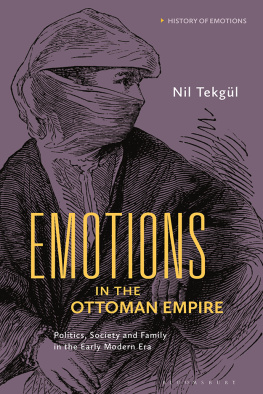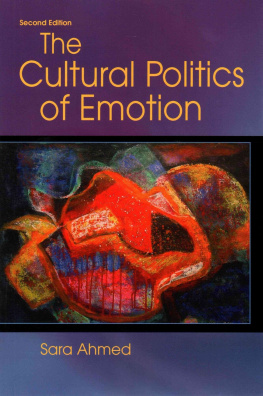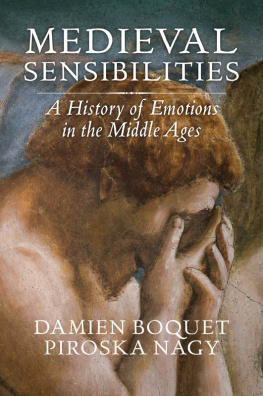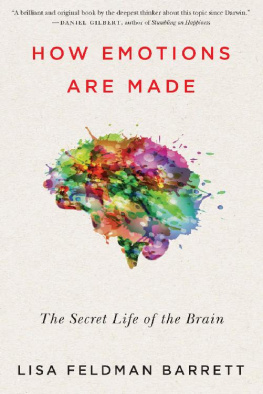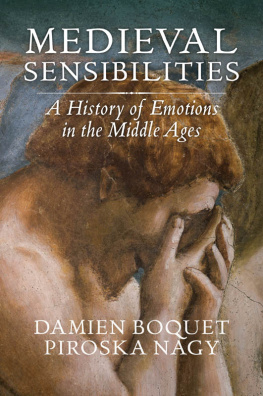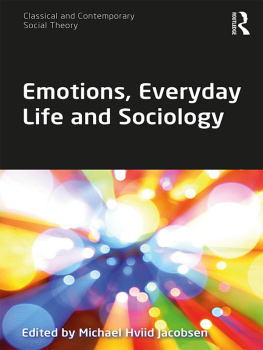
Love as a Collective Action
This book makes evident how love, as an interstitial practice, produces a set of collective practices and how, through a mapping of these practices, it is possible to observe the connection between the politics of sensibilities and social conflict.
The book provides in the face of a global normalization of immediate enjoyment through consumption, the internationalization of fear and anxiety, the rise of post-truth and a distrust regarding politics a systematic analysis of love as an interstitial practice. This book follows a sociology of body/emotions approaches within which sensations, emotions and sensibilities are part of dialectical social structuration process.
The book proposes love not only as an effect or trait of a society, but also as an analytical tool for better understanding the processes of social structuring. It connects a sociology of bodies/emotions with a specific perspective on collective action and links conflictual structures and the politics of sensibilities in six Latin American countries by using a strategy of inquiry attuned to current patterns of social transformation, that of digital ethnography. This work is of interest to a wide public, those who want to know which emotions are the prevailing in Latin America, as well as specialists such as sociologists, political scientists, anthropologists and all researchers and graduate students who are interested in the connections between conflict, society and emotions.
Adrian Scribano is Director of the Centre for Sociological Research and Studies (CIES estudiosociologicos.org) and Principal Researcher at the National Scientific and Technological Research Council, Argentina.
Routledge Studies in the Sociology of Emotions
Mary Holmes is a Professor at the University of Edinburgh, UK
Julie Brownlie is a Senior Lecturer at the University of Edinburgh, UK
The sociology of emotions has demonstrated the fundamental and pervasive relevance of emotions to all aspects of social life. It is not merely another specialized sub-discipline; rather it aims to reconfigure bases of mainstream sociology. This book series will not only be of interest for specialists in emotions but to sociology at large. It is a locus for developing enhanced understandings of core problems of sociology, such as power and politics, social interactions and everyday life, macro-micro binaries, social institutions, gender regimes, global social transformations, the state, inequality and social exclusion, identities, bodies and much more.
Love and Society
Special Social Forms and the Master Emotion
Swen Seebach
The Emotional Market
Capitalism, Consumption and Authenticity
Edited by Eva Illouz
Emotions in Late Modernity
Edited by Roger Patulny, Alberto Bellochi, Sukhmani Khorana, Rebecca Olson, Jordan McKenzie and Michelle Peterie
Love as a Collective Action
Latin America, Emotions and Interstitial Practices
Adrian Scribano
For more information about this series, please visit: www.routledge.com/sociology/series/RSSE
Love as a Collective Action
Latin America, Emotions and Interstitial Practices
Adrian Scribano
First published 2020
by Routledge
2 Park Square, Milton Park, Abingdon, Oxon OX14 4RN
and by Routledge
52 Vanderbilt Avenue, New York, NY 10017
Routledge is an imprint of the Taylor & Francis Group, an informa business
2020 Adrian Scribano
The right of Adrian Scribano to be identified as author of this work has been asserted by him in accordance with sections 77 and 78 of the Copyright, Designs and Patents Act 1988.
All rights reserved. No part of this book may be reprinted or reproduced or utilised in any form or by any electronic, mechanical, or other means, now known or hereafter invented, including photocopying and recording, or in any information storage or retrieval system, without permission in writing from the publishers.
Trademark notice: Product or corporate names may be trademarks or registered trademarks, and are used only for identification and explanation without intent to infringe.
British Library Cataloguing-in-Publication Data
A catalogue record for this book is available from the British Library
Library of Congress Cataloging-in-Publication Data
Names: Scribano, Adrian, author.
Title: Love as a collective action : Latin America, emotions and interstitial practices / Adrian Scribano.
Description: First Edition. | New York : Routledge, 2019. | Series: Routledge studies in the sociology of emotions | Includes bibliographical references and index.
Identifiers: LCCN 2019033720 (print) | LCCN 2019033721 (ebook) | ISBN 9780367246471 (hardback) | ISBN 9780429283703 (ebook)
Subjects: LCSH: LoveSocial aspectsLatin America. | Social interactionLatin America. | Cultural pluralismLatin America. | Social structureLatin America.
Classification: LCC HM1106 .S387 2019 (print) | LCC HM1106 (ebook) | DDC 302.098dc23
LC record available at https://lccn.loc.gov/2019033720
LC ebook record available at https://lccn.loc.gov/2019033721
ISBN: 978-0-367-24647-1 (hbk)
ISBN: 978-0-429-28370-3 (ebk)
Typeset in Bembo
by Apex CoVantage LLC
To my family, specially to Isabel Angelica, Mara de la Paz, Mara Beln, Maia Pia, Malena and Angelica
Contents
I want to thank Mary Holmes, Julie Brownlie and Emily Briggs for trusting me on this project. I also want to thank Lakshita Joshi for the editorial assistance. Finally, this book would not be the same without the invaluable assistance of Majid Yar and the enormous collaboration of Florencia Chahbenderian.
This is a book about how, in Latin America, it is possible to observe a set of collective practices that, motivated by filial love, constitute interstitial practices that deny the contents of accepted and acceptable politics of sensibilities.
It is a book that shows how thousands of mothers, fathers, sisters, brothers, cousins, uncles, sons and daughters form collective actions that are registered in a conflictual network and that provide the contents of the political economy of morality sustained by said networks.
The text that is offered here is the result of an empirical inquiry into the privileged surface of inscription that today involves the Internet, the virtual and digital world.
1 Love and digital ethnography
To paraphrase Marcuse in Eros and Civilization, our interest in emotions is that they have gone from being sociological and psychological categories into political categories. Emotions are today part of the problem and part of the solution of the problematic of power and life in common.
Love has always been present in the thinking of the East and West, the link of love with knowledge, with kindness and with God, has been part of the reflections on aesthetics and politics, on morality and ethics, on society and the individual. It is in this frame that we can read in three writings of antiquity said preoccupation exceeding the margins of the Western and modern view on this problematic:


